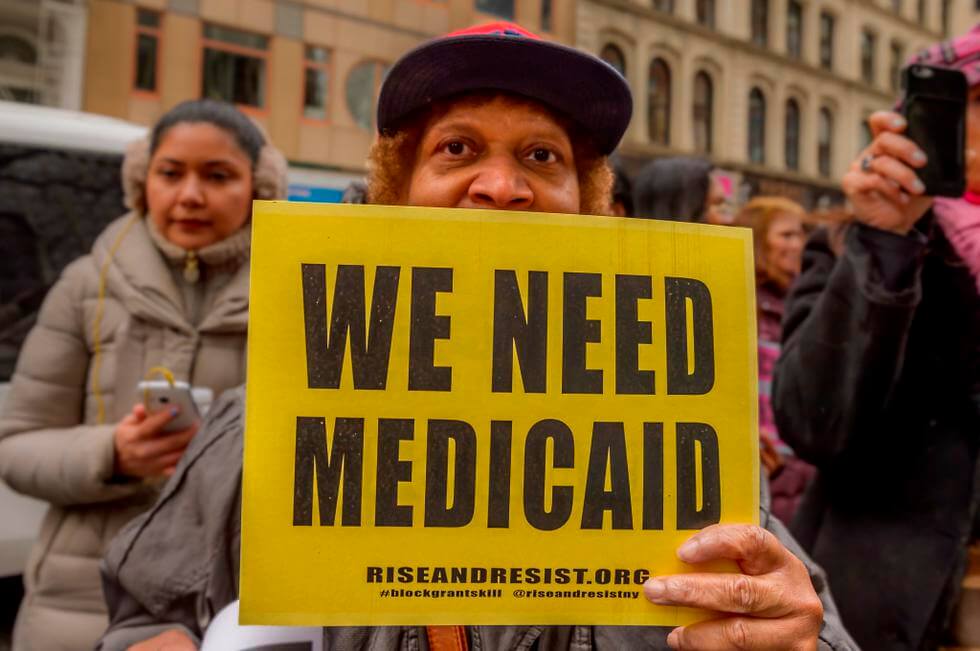Medicaid serves as a vital safety net for millions of Americans, providing essential healthcare coverage to low-income individuals, families, and individuals with disabilities. While Medicaid is intended to offer continuous coverage to eligible beneficiaries, there are circumstances under which coverage may be discontinued. So, when do you lose Medicaid? In this article, we explore the various scenarios in which individuals may lose their Medicaid coverage and the implications of such changes.
When Do You Lose Medicaid?
1. Changes in Eligibility
One of the primary reasons individuals may lose Medicaid coverage is due to changes in eligibility criteria. Eligibility for Medicaid is based on factors such as income, household size, age, disability status, and citizenship or immigration status. If an individual’s circumstances change in a way that no longer meets the eligibility criteria, they may lose their Medicaid coverage. For example:
- Increase in income exceeding the eligibility threshold.
- Changes in household composition, such as marriage, divorce, or the addition of a dependent.
- Aging out of certain Medicaid categories, such as children transitioning to adulthood.
2. Failure to Renew Coverage
Medicaid beneficiaries are typically required to renew their coverage periodically to maintain eligibility. Failure to complete the renewal process or provide requested documentation within specified deadlines can result in the termination of Medicaid coverage. Individuals who fail to renew their coverage may find themselves without health insurance, facing barriers to accessing essential healthcare services.
3. Administrative Errors
Mistakes or discrepancies in the Medicaid application or renewal process can also lead to the loss of coverage. Administrative errors, such as incorrect information or missing documentation, may result in the erroneous cancellation of Medicaid coverage. In such cases, affected individuals may need to appeal the decision or reapply for Medicaid to reinstate their coverage.
4. Changes in Policy or Legislation
Changes in Medicaid policies or regulations at the state or federal level can impact eligibility criteria or coverage requirements, leading to the loss of coverage for certain individuals or groups. Policy changes could stem from legislative reforms, budget constraints, or shifts in healthcare priorities. Individuals may lose Medicaid coverage due to changes in eligibility rules, benefit packages, or program funding.
5. Improper Documentation
Medicaid beneficiaries may be required to provide documentation to verify their eligibility, such as proof of income, residency, or citizenship. Failure to submit required documentation or provide accurate information can result in the loss of Medicaid coverage. It is essential for individuals to understand the documentation requirements and ensure compliance to maintain their Medicaid coverage.
While Medicaid is designed to provide essential healthcare coverage to vulnerable populations, there are circumstances under which individuals may lose their coverage. Changes in eligibility, failure to renew coverage, administrative errors, policy changes, and improper documentation are among the factors that can lead to the loss of Medicaid coverage. It is crucial for individuals to stay informed about Medicaid eligibility criteria, renewal requirements, and policy changes to avoid disruptions in coverage and maintain access to essential healthcare services. Policymakers and healthcare stakeholders must work collaboratively to address systemic challenges and ensure equitable access to healthcare for all individuals in need. That’s the article that discusses when do you lose Medicaid. Hope it enlightens you!


